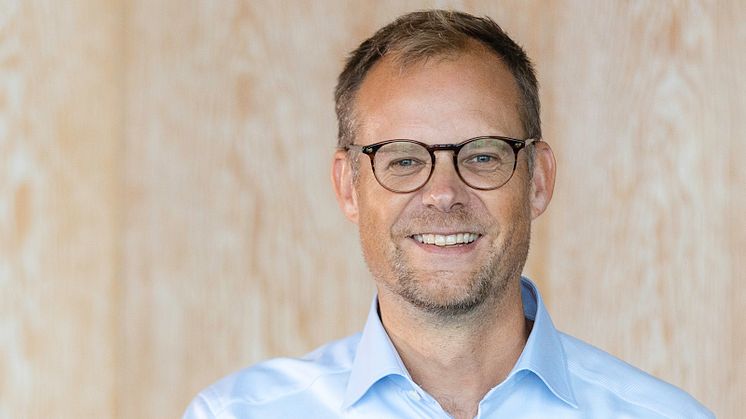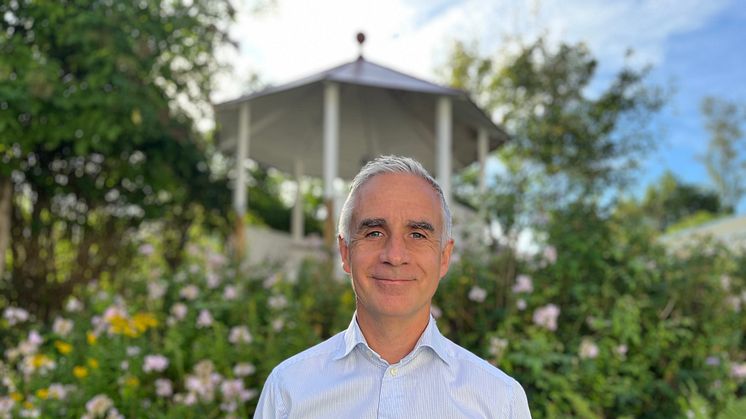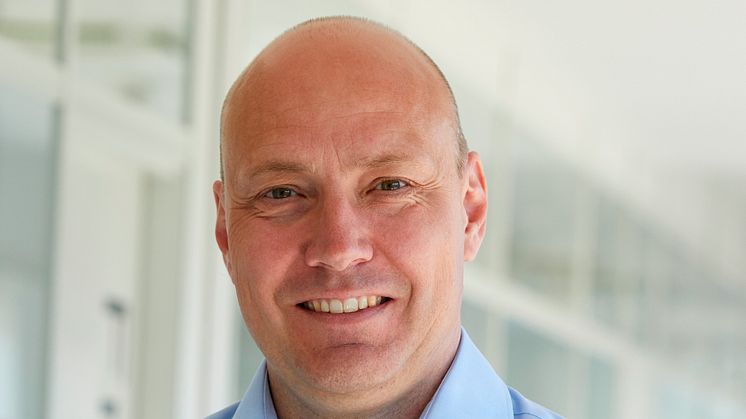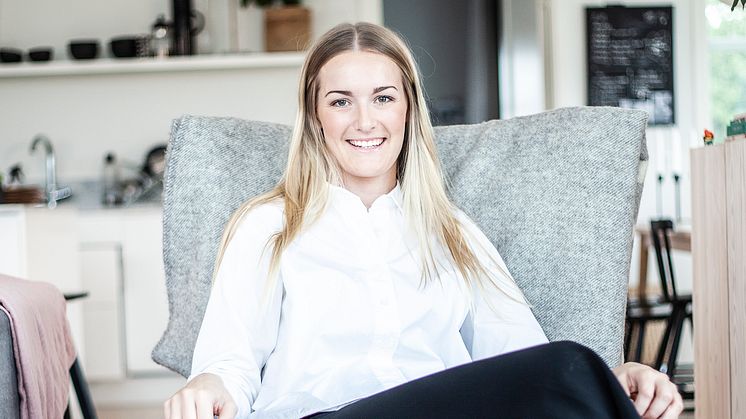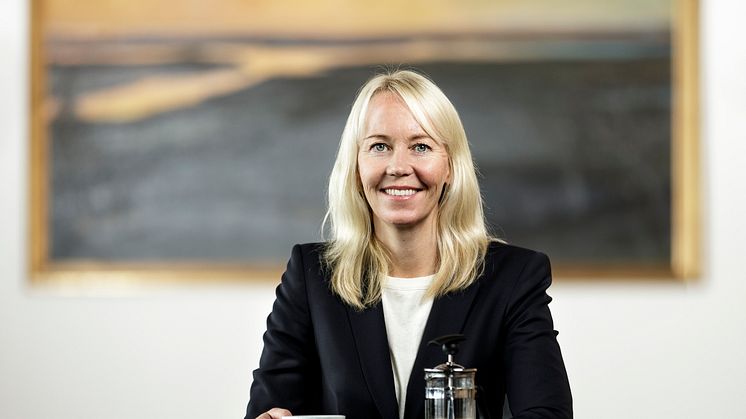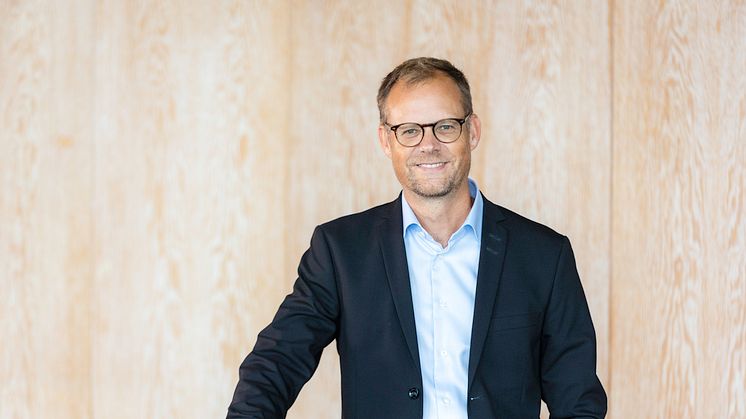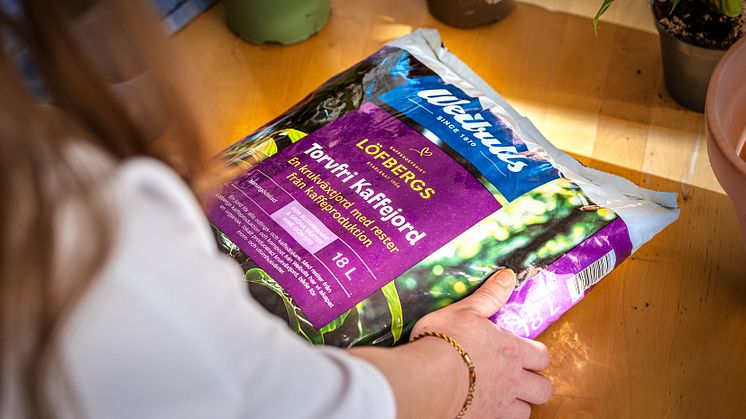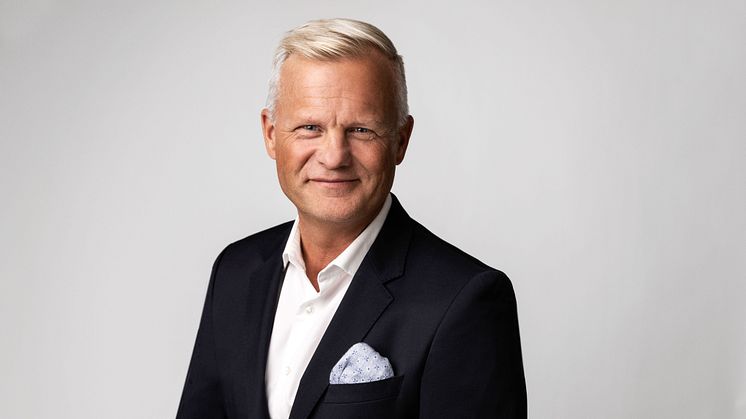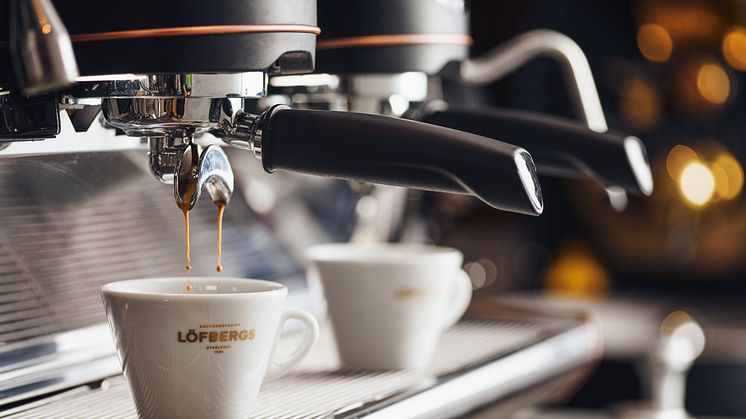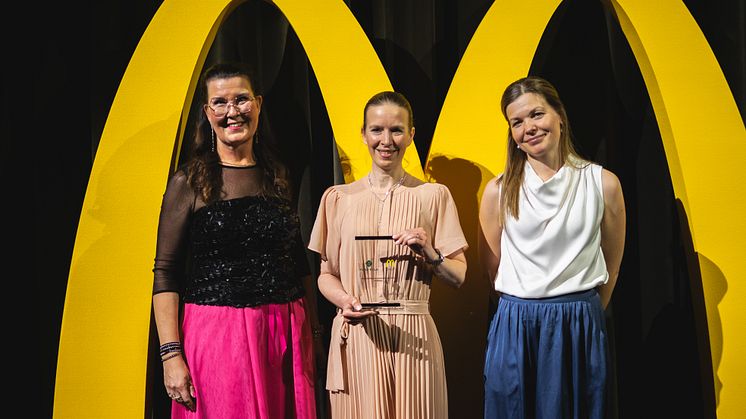New Survey: Coffee Remains a Daily Habit for 8 in 10 Swedes
Eight in ten Swedes drink coffee regularly. Filter coffee continues to dominate, and a majority of consumers still perceive coffee as good value for money. These are the key findings from the third edition of the Löfbergs Coffee Report - the most comprehensive survey of coffee consumption habits in Sweden.






